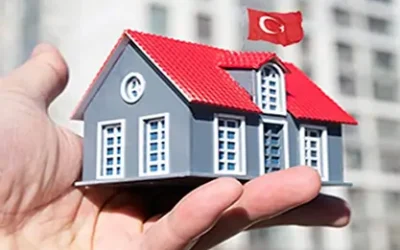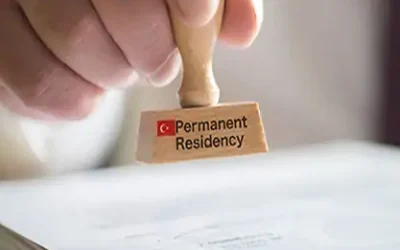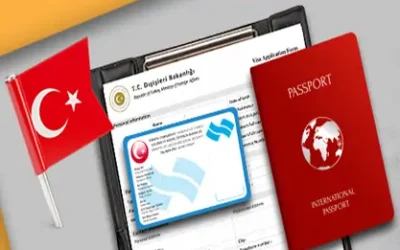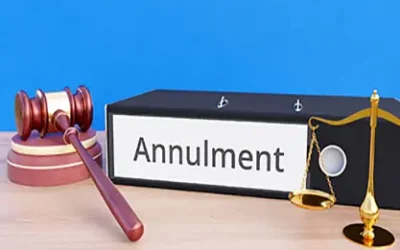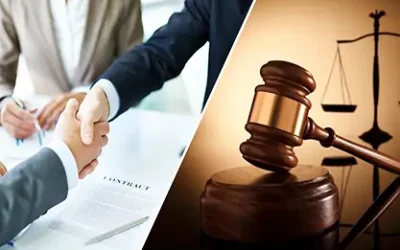
Bankruptcy
According to the amended 285th Section of the Bankruptcy and Enforcement Law No. 2004; any debtor who is unable to pay his/her debts when they are due, or who is in danger of not being able to pay them on their maturity date, may demand bankruptcy in order to be able to pay his/her debts or to be saved from a possible bankruptcy by way of having a grace period or deduction. Through the bankruptcy, capital companies as well as sole proprietorships and individuals were given the opportunity to restructure their debts through reconciliation.
In accordance with the provision of 285th Section of the Bankruptcy and Enforcement Law, the bankrupt process begins with the request of the creditor from the commercial court of first instance for a temporary deadline, regardless if the debtor is subjected to bankruptcy or not. The debtor shall attach to the bankruptcy request the documents stipulated in 286th Section of the Bankruptcy and Enforcement Law No. 2004.
Phases of the bankruptcy process;
- Granting a temporary grace period,
- Granting a definitive grace period,
- Creditors’ meeting,
- Approval of the bankruptcy by the Court.
Resolution of temporary grace period:
Upon the bankruptcy request, when the Court finds that the documents stipulated in the relevant Section are available in full, it shall immediately grant a temporary grace period and take all such measures as it deems necessary for the preservation of the debtor’s assets. If one of the creditors has requested the bankruptcy, the temporary grace period shall be decided upon the debtor’s submission of the necessary documents to the court, and the expenses of the said information and documents shall be paid by the creditor. The Court shall appoint trustee in composition to closely examine whether the bankruptcy is likely to succeed by way of the resolution of temporary grace period. Complaints about the trustee’s actions regarding the bankruptcy shall be definitively decided by the commercial court of first instance. The temporary grace period is three months and can be extended for another two months upon request. No remedies shall be taken against the decisions regarding the acceptance of the request for a temporary grace period, the appointment of a trustee in composition, the extension of the temporary grace period and the measures. Creditors may, within a definite period of seven days from the date of announcement, appeal by petition and request the court to reject the bankruptcy request by asserting with their evidence that shows that there is no circumstance requiring the granting of a bankruptcy period.
Resolution of definitive grace period:
If it is understood that it is possible to successfully complete bankruptcy process, a definitive grace period for one year is given to the debtor. A board of creditors may be established by the Court together with the resolution of definitive grace period.
If the recovery intended by the bankruptcy request occurs before the expiry of the grace period, the Court shall decide ex officio to reject the bankruptcy request by cancelling the definitive grace period.
Consequences of the Definitive Grace Period for Creditors:
These results also apply to the temporary grace period.
Against the debtor within the definitive grace period:
- No proceedings may be carried out, including proceedings made in accordance with Law Number 6183 (Only for preferred receivables stipulated in 206th Section 206 of the Bankruptcy and Enforcement Law, proceedings can be made by way of levy),
- Previously initiated proceedings are stopped,
- Interlocutory and precautionary distraint decisions shall not be applied,
- The prescription and foreclosure periods that may be interrupted by a legal proceeding shall not process.
Legal proceedings can be initiated by foreclosure or proceedings that have already started can be continued. However, protective measures cannot be taken and sale of the pledged property cannot be realized due to this proceeding.
Regardless of whether the counterparty to the contract is affected by the bankruptcy project or not, the provisions in the contracts to which the debtor is a party and which are important for the continuation of the operation of debtor’s company and that the debtor’s request for a bankruptcy will constitute a violation of the contract, shall be considered as a justifiable reason for termination or will make the fall due shall not apply if the debtor requests the bankruptcy. Even if there is no such provision in the contract, the contract cannot be terminated due to the reasons that the debtor has applied for bankruptcy.
Consequences of the Definitive Grace Period for Debtors:
The debtor may continue his business under the supervision of the trustee in composition. The debtor cannot perform the followings against the permission of the court:
- He/she cannot impose a lien,
- Cannot be a guarantor,
- Cannot fully or partially transfer the immovable property and the permanent installation of the enterprise, cannot restrict them,
- Cannot make gratuitous dispositions.
In the event that the debtor contravenes this provision or trustee’s warnings, the court may remove debtor’s authority to dispose his/her properties or order the rejection of the bankruptcy request and may decide to open the bankruptcy.
If the recovery intended by the bankruptcy occurs within the definitive grace period, the definitive grace period is cancelled and the bankruptcy is rejected.
If it is clearly determined that the result intended by the bankruptcy cannot be achieved in respect of the debtor subjected to bankruptcy and if it is necessary to decide on the bankruptcy of the debtor for the protection of his/her assets, or if the debtor subjected to bankruptcy abandons his/her request for the bankruptcy, the definitive grace period shall be cancelled and bankruptcy adjudication shall be declared.
Remedies Against the Bankruptcy Decision:
If, as a result of the evaluation of the request for a grace period, it is decided to reject the bankruptcy request of the debtor against whom no bankruptcy decision has been made, the debtor or the creditor requesting the bankruptcy, if any, may apply for an appeal within ten days from the notification of this decision. The decision of the district court is final and binding.
The debtor or creditor requesting the bankruptcy may file an appeal against the bankruptcy decision within ten days as from the notification of that decision; and other objecting creditors may file an appeal against the bankruptcy decision within ten days as from the announcement of attestation decision. An appeal against the district court’s decision may be filed within ten days period.
TERMS AND CONDIDITIONS OF USE AND DISCLAIMER
Information given in this website only contains general information and opinions, does not substitute legal recommendation or professional legal service, and may not be used as legal recommendation or professional legal service. You are highly recommended to receive professional legal service and opinion for each case depending on its peculiar circumstances.
Lawyers employed by Gulis Law and Counseling Office are definitely not responsible for the accuracy or completeness of the information given here. Given that information, laws and stare decisis may abruptly change, the information given here may not be undertaken or guaranteed to be current. You are recommended not to make a business decision based on any part of the information given here, and to buy professional legal service for each case depending on its peculiar circumstances.
Gulis Hukuk & Danışmanlık Bürosu
Gulis Law & Consultancy Office

